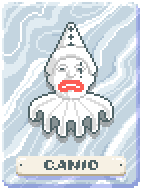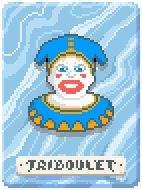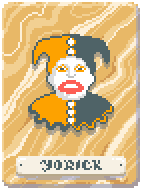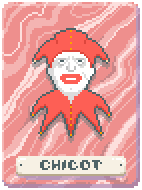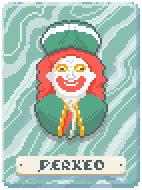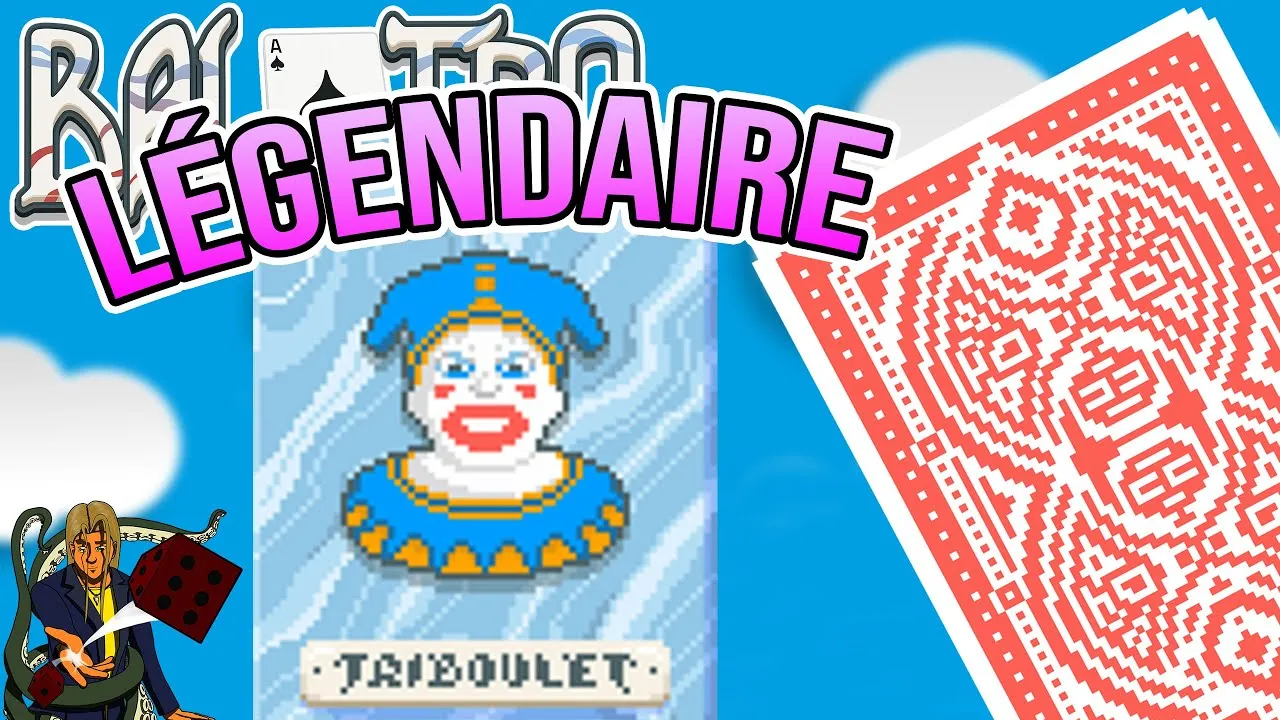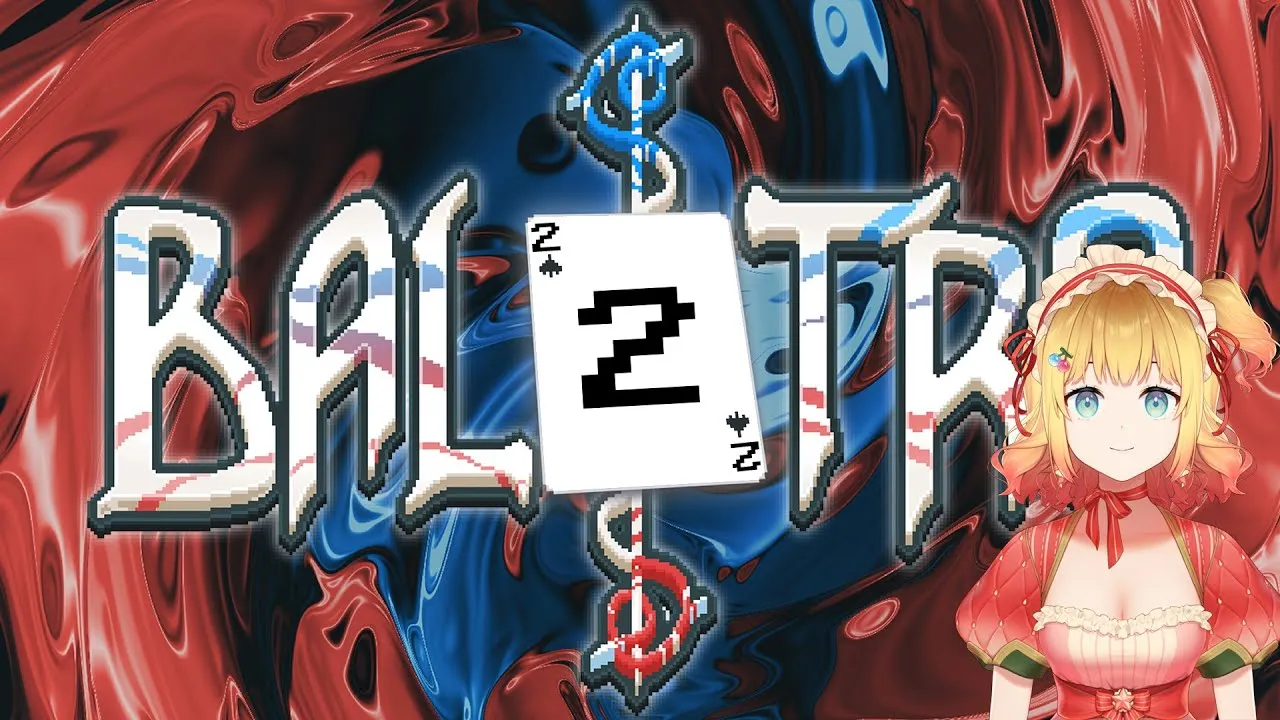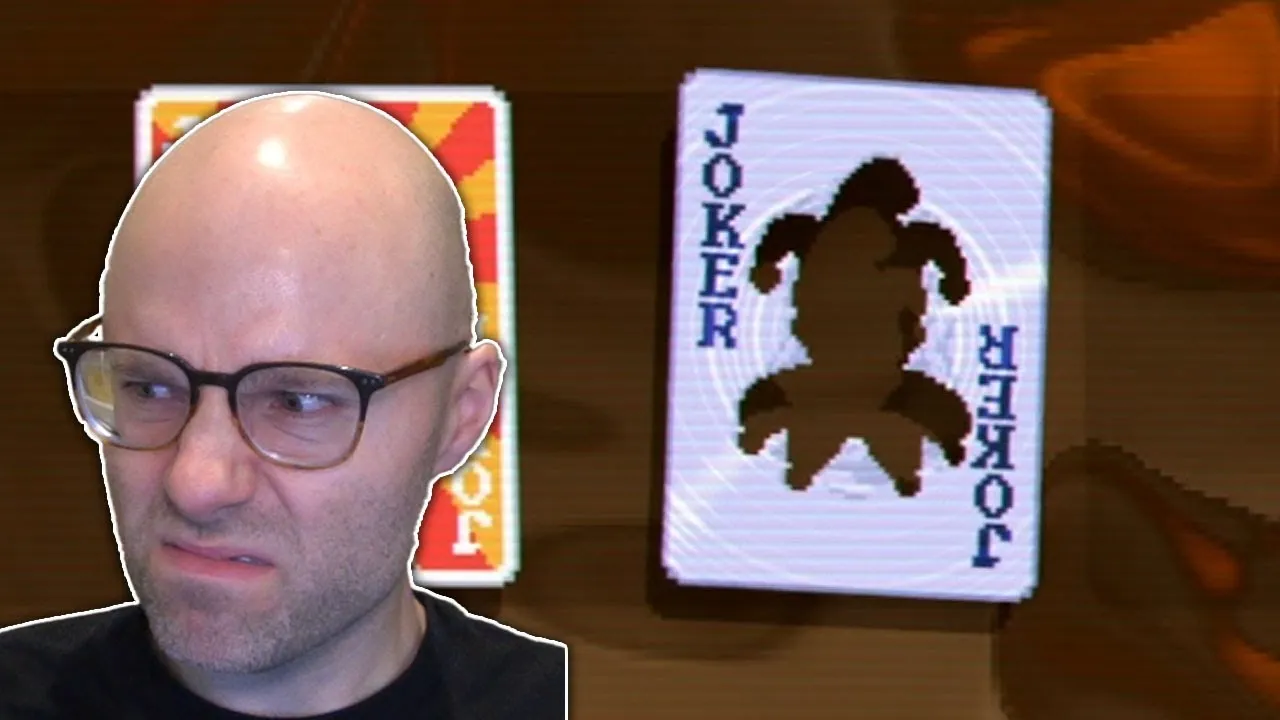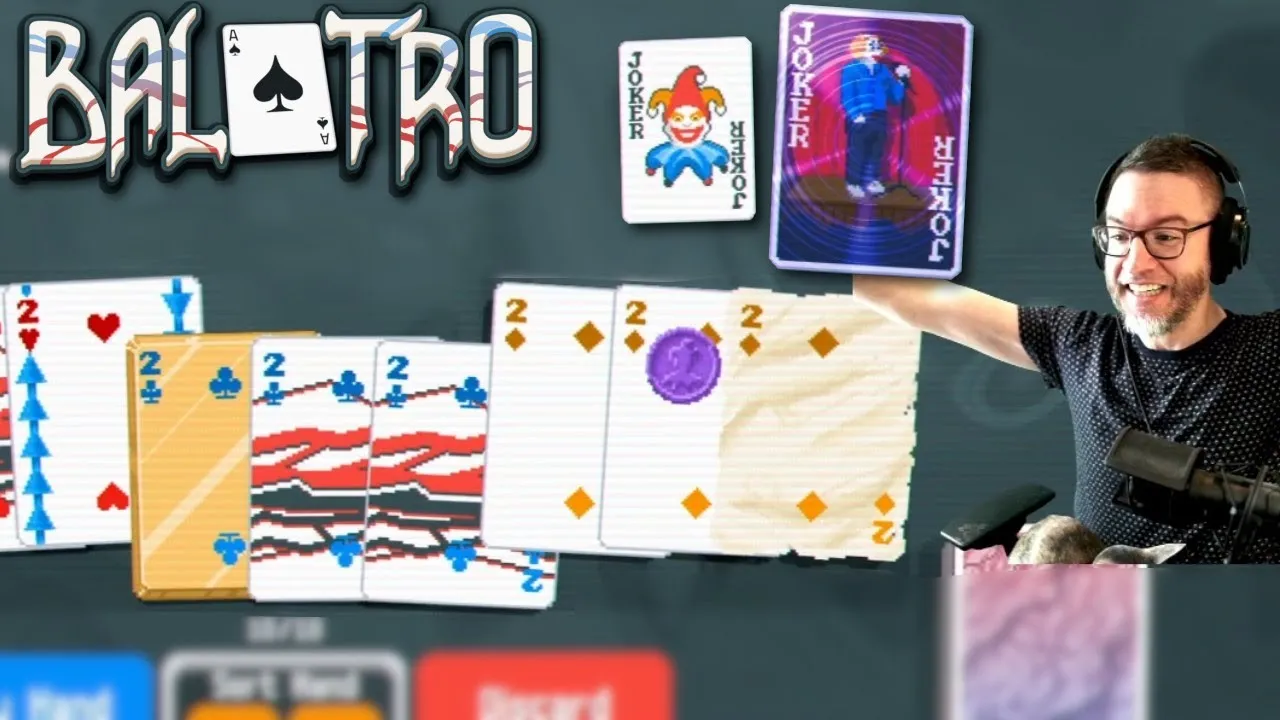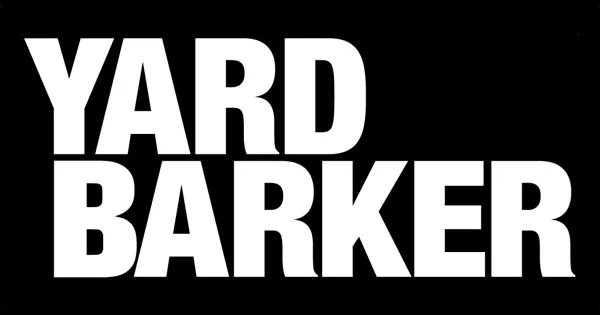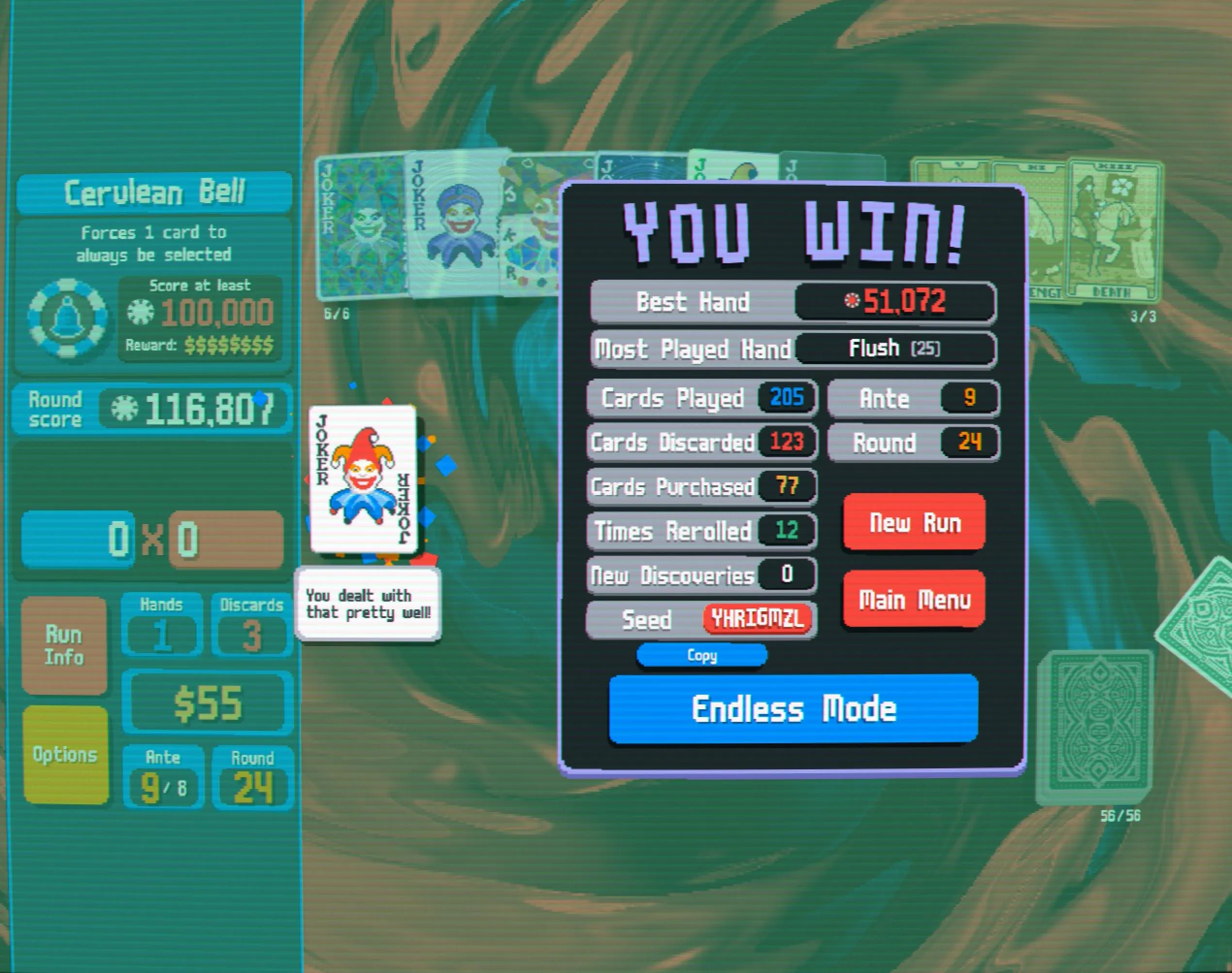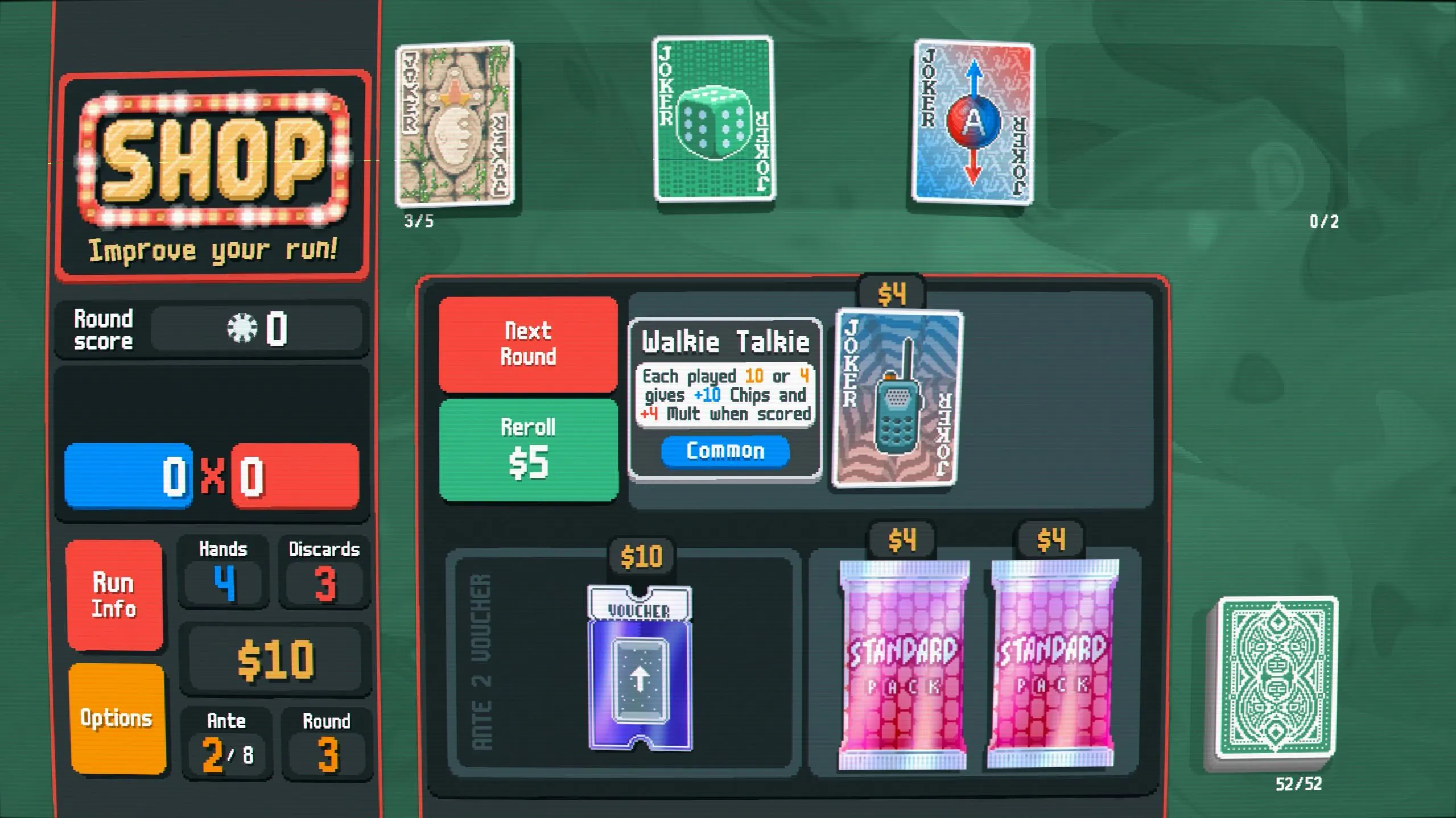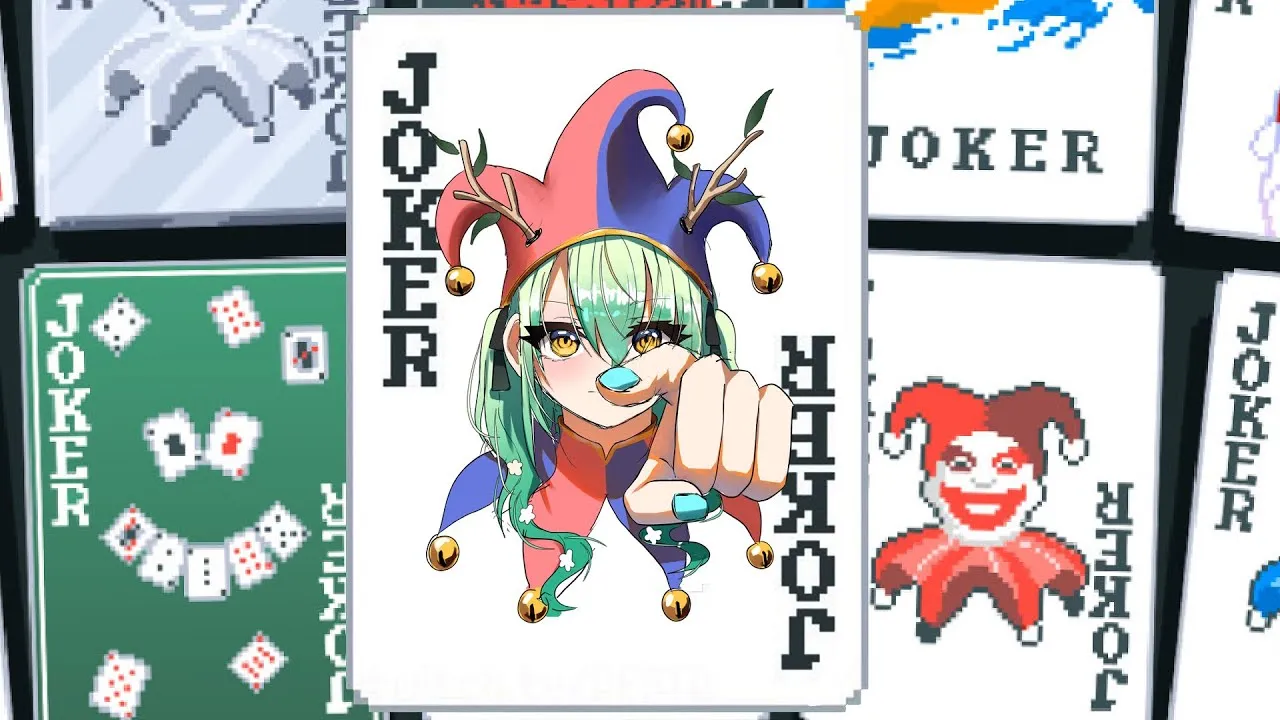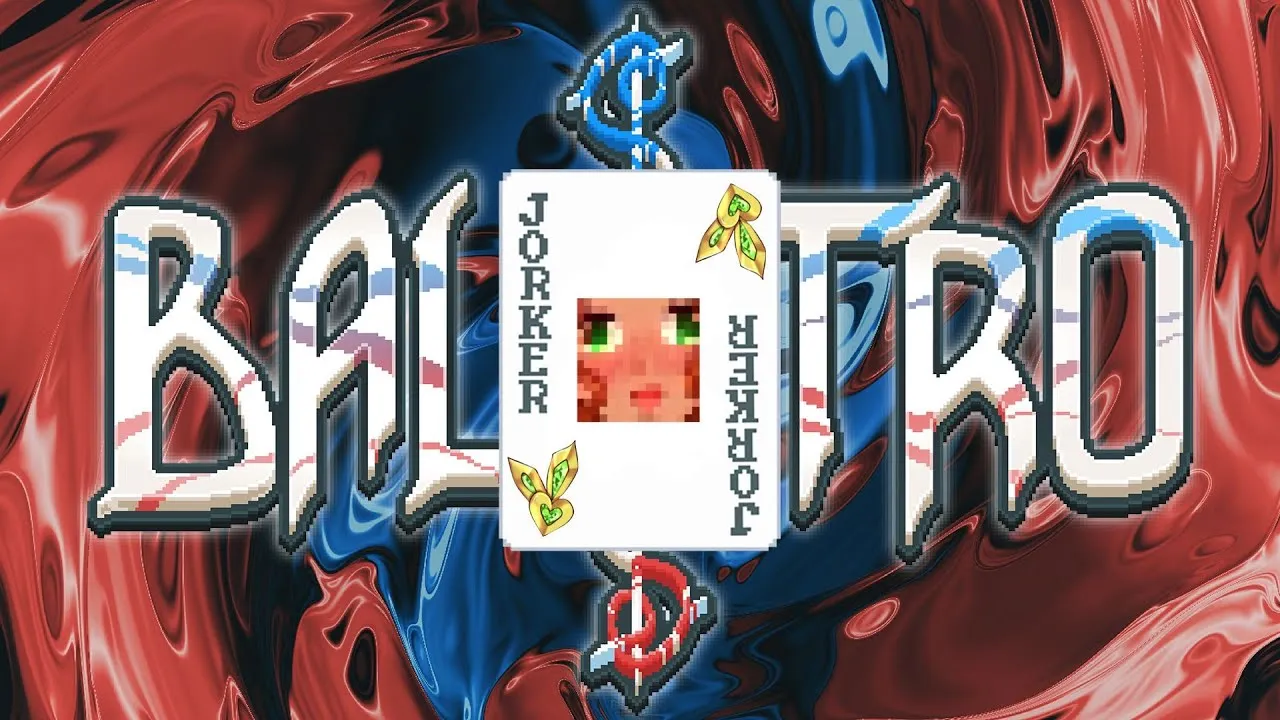The future of gaming belongs to weird little games PC Gamer
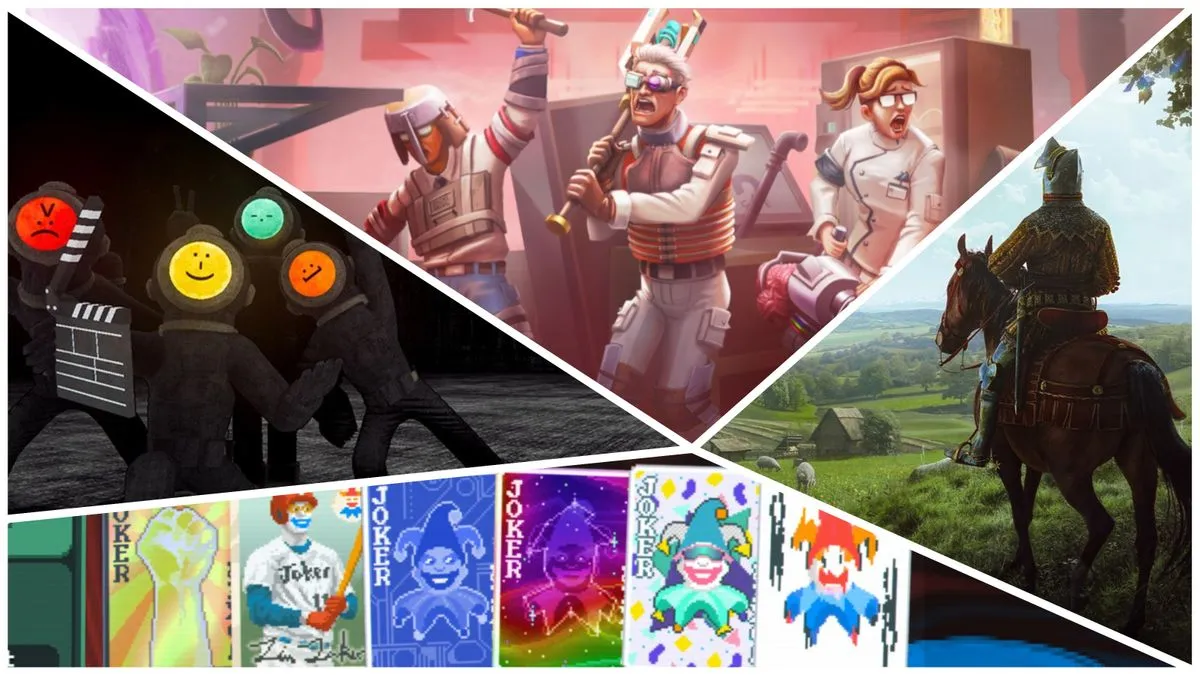
After Balatro, Animal Well, Content Warning, and Abiotic Factor in 2024, small games from small studios are innovating as well as anyone else. FeaturesBy Evan Lahti published 4 June 2024
After Balatro, Animal Well, Content Warning, and Abiotic Factor in 2024, small games from small studios are innovating as well as anyone else.
It’s not a coincidence that these newcomers are all from small studios and/or small publishers. Smaller studios are usually more willing to take creative risks than games produced by publicly traded companies. Although there are exceptions, historically it hasn’t panned out well when a small studio proclaims it’s making the next Call of Duty; they compete by being weirder than Ubisoft or EA or Blizzard are willing to be.
For the biggest games, the fact that they take the longest to develop is a strategic weakness. Diablo 3 and 4 took about a decade each. Starfield took eight years. Suicide Squad: Kill the Justice League took seven. A new GTA or Fallout, as some fans were lamenting as they watched a very good TV adaption in April, might take a decade. At that glacial cadence, one wonders how any big game manages to seize on any trend at all.
(Let’s pause to lend some unnecessary empathy to big game publishers: Imagine it’s 2017, and you’re the CEO of a major game maker. The American superhero film Logan has become the first of its kind to receive an Academy nomination for screenwriting, reassuring audiences that yes, the Marvel intellectual property factory can produce something thoughtful. And over on Battle.net, Overwatch is an extraordinarily popular FPS, beloved for its asymmetric cast of international heroes and villains. Comforted by these surely permanent trends, you invest many tens of millions of dollars to start making a free-to-play, Marvel-licensed hero shooter that will enter beta seven years later, a time when both Overwatch and Marvel are at their arguable weakest.)
The biggest gaming news, reviews and hardware deals
Keep up to date with the most important stories and the best deals, as picked by the PC Gamer team.

Content Warning is the latest evolution of the Discord hangout horror game, a booming category that relies on proximity chat and jump scares. (Image credit: Landfall)Compared to these slow-steering frigates, small games can nimbly point their sails to harness the ever-shifting winds of interest. Content Warning, which dropped in March, capitalized on the still-glowing aura around Lethal Company, itself the work of a single, 21-year-old developer who was inspired by other weird-and-small games, Among Us and Phasmophobia. Content Warning was, to the astonishment of many developers, mostly created in a single month during a trip to South Korea. Content Warning understood that audiences, partly thanks to how ubiquitous Discord has become since the pandemic, are very comfortable impulse-buying a $10 co-op horror thing that will make them and their friends laugh.
Replayability is one of the quietly big trends at play here. Compared to five or ten years ago, players expect more kinds of games—singleplayer or not—to be highly replayable. This expectation has urged most of the world’s biggest developers and publishers to create projects with 5- or 10-year lifespans, like Destiny 2, Overwatch, Apex Legends, and Rainbow Six Siege.
Small games fit into our lives, which are already occupied by one or two big games.
To be played forever, these giant games must be continuously replenished with engaging new stuff and operate an always-evolving (usually competitive) multiplayer mode, things that need tremendous resources to sustain. By comparison, the small games with “forever replayability” tend to rely on systems-led design, the roguelike form, or things like procedural level generation, like Spelunky 2’s 99-level Cosmic Ocean finale. Because small studios have this upfront infinite-replayability-without-infinite-content challenge, I think it leads many of them to cook up weirder, captivating ideas like Phasmophobia’s security camera booth, Balatro’s satisfying exponential jackpots, or Content Warning’s use of an open-source screen recorder to stitch video clips together into real, sharable webm files.
The other (tiny) elephant in the room is: small games fit into our lives, which are already occupied by one or two big games. In 2023, according to one data firm’s analysis, 60 percent of time played went to games six or more years old. At PC Gamer we sometimes call these games ‘skyscraper games,’ because stuff like Dota 2, Escape From Tarkov, LoL, Counter-Strike, or WoW feel like a skyline of games that are permanently in view.
If you’re one of the many people who have sworn a vow to one of these 1,000-hour titans (mine’s Hunt: Showdown), you know it’s easier to fit a small, weird game into your routine than something skyscraper-shaped. I don’t have to persuade my entire Discord server to change their lifestyle in order to enjoy Balatro.
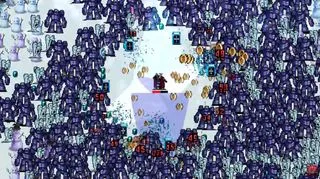
2022’s Vampire Survivors was another small game that leaned into its oddness. (Image credit: Poncle)
Small infinity
The enthusiastic reception that small games have enjoyed in the first half of 2024 isn’t something that will come and go. It’s a full-blown age. This trend will continue, because the conditions that created it will continue:
- The tools used to make games are more accessible than ever
- Anyone can publish a game on Steam for $100
- Press and video creators’ incentive to react to the newest unexpected hit enables domino-effect popularity
- The tendency for games to riff on what came before them means audiences’ tastes rapidly evolve
- In terms of visibility, digital distribution is an ecosystem where the smallest studios enjoy much greater parity with the biggest studios in the world, compared to the decades when most of us bought games from retail stores
- PC is the platform where small games tend to be born, as gaming’s historic space for experimentation
My takeaway, to be sure, isn’t that big games are doomed. As I said above, I think there will continue to be a relatively static set of ~20 service games that feel like permanent fixtures on the landscape, even if many of us are feeling exhausted by the shape of their business models or content treadmills.
The year’s biggest blockbuster, Helldivers 2, did so by upending our notion of what a big service game should look like.
As I think about this trend, I can’t ignore that the year’s biggest surprise blockbuster, Helldivers 2, became Sony’s highest-selling PC game ever by upending our notion of what a triple-A, PlayStation-published service game should look like. In 2023, Arrowhead numbered about 100 developers—not small, but a fraction of the 2,000-dev legions that make some of gaming’s biggest franchises. You can see Arrowhead’s proud legacy of making quirky games everywhere in Helldivers 2, in its weird idea to appoint a Game Master as the puppeteer behind its sci-fi parody, pseudo-MMO, systems-driven co-op shooter with weird lightning guns, weird marketing that spreads disinformation about itself, and a weirdly forgiving battle pass.

Lighthearted presentation was one of Dave the Diver’s best facets. (Image credit: Mintrocket)Another recent game that sat, uncomfortably for some, at the crossroads between big and small was Dave the Diver, the simple-but-deep, endearingly quirky diving and cooking game which won our Best Design award in 2023. The “Is it indie?” discourse that circled Dave the Diver’s TGA indie nomination last year was irritating because so many commentators were dwelling in semantics when something much more interesting had happened: a colossal game publisher made something that felt like it came from a small studio.
It was a creative achievement that Nexon, a $14B company, got out of its own way enough to produce a game that genuinely felt like the vision of a small group of people. The mixed track record of big publishers spinning up indie game labels shows us how hard it is to make something as singular as Dave the Diver, with or without the backing of a big company. Riot’s now-closed Forge initiative produced five League of Legends spin-offs in four years. 2K’s Private Division is unraveling before our eyes, despite having made good moves to publish games like Rollerdrome, Penny’s Big Breakaway, and iconic indie Kerbal Space Program. The Square Enix Collective had a hit with Powerwash Simulator, and has been around for a decade. And just last week Ubisoft released an early access Prince of Persia roguelite created by a studio that labels itself “triple-i,” Evil Empire, the folks behind Dead Cells: Return To Castlevania.
The small game spirit is alive and well. It’s a sign of vibrancy that modest studios are able to punch above their weight as frequently as they have in 2024. For our part, we’ll be pointing our spotlight at many more weird little games in the PC Gaming Show on June 9 during Summer Game Fest.
このサイトはコレクションに関連する記事のみを収集しています。元のテキストを表示するには、以下のリンクをコピーして開いてください:The future of gaming belongs to weird little games PC Gamer
